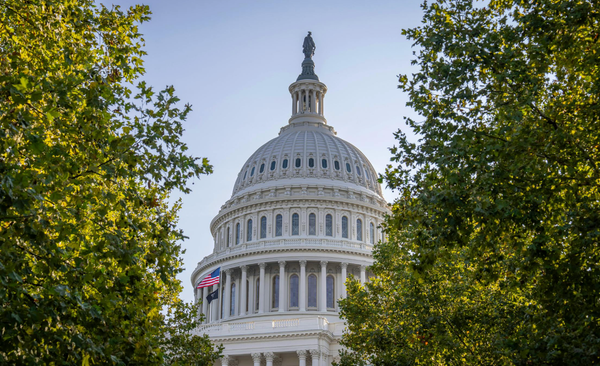Hypocrisy and Absence in Human Rights

The State Department this week released a curtailed version if its annual human rights report, its first under Secretary Marco Rubio. For those who haven't followed the lore to this point, Rubio essentially built his entire career bona fides in international relations off human rights issues. He then promptly ejected those earned bona fides in the garbage upon entry into the second Trump Administration.
Among the most concerning problems within the 2025 report is the emergent censorship on the part of client countries like El Salvador. On China, the State Department is no longer commenting on the right to protest and assemble.
The new report on El Salvador drops references to poor prison conditions — simply saying in the executive summary, "There were no credible reports of significant human rights abuses." The same blanket assurance appears in the executive summary for Hungary, and gone is extensive documentation of government corruption there. Violations of the freedom to peacefully assemble in China are gone.
You may wonder, if you're left-of-center: Why does this absence matter?
"Who Cares? The United States has never cared about human rights, they're hypocritical scumbags" is the response I expect to this. I agree with this assessment. The selectivity of the American state is not new. The censorship of prior administrations on issues like Palestine have devastated generations of people starving, mourning their dead and watching their oppressors receive more guns and money.
However, work we must do now is damage assessment of current decisions, because American foreign policy is not a record. It is not a scorebook of past events. It is a living and dangerous agenda. Ripping up precedence by the roots will fundamentally and permanently shift the way that other countries interact with one another. These changes, which are consequential and dangerous, are why we should be monitoring human rights practices and designations.
While left-of-center Americans and their compatriots abroad realize that State Department assessments have never been even-handed or free of politics, the consequences of these changes are pretty meaningful. Referring back to the NPR report:
This year's release was delayed for months while the State Department spent additional time deleting thousands of violations from drafts prepared in 2024 by foreign service officers and their contacts abroad.
What this indicates is the implementation of an internal political screening that sidesteps work done by the United States' own diplomats. (Kudos to Biden SecState Anthony Blinken for ignoring internal reports on Gaza, by the way. Very helpful to give bipartisan cover to this current nonsense). As a result, the work that is published is second-guessed and polarizing within American foreign policy communities the same way that BLS numbers will now be overtly fabricated by whoever is put in place by Trump. These moves signal that the Trump Administration knows that it undermines the credibility of the bureaucracy, and chooses to keep undermining that credibility anyway.
It isn't just the media and domestic public that watches these changes. Countries from both the global north, where the United States does multilateral diplomacy and global south, where the United States tends to exercise power, adjust their own decisionmaking options accordingly. Just as Trump Administration mark I had people trying to bribe him through his hotel or through Jared and Ivanka as proxies, countries observe and adjust their strategies to deal with America as it is. The buying and selling of surveillance, the overall spectrum of diplomatic requests change.
More importantly, the options for people in vulnerable situations outside of the United States change. Asylum seekers are treated as criminals while foreigners staying in this country for study, work, or family are increasingly designated as illegal residents. Each change made in Trump's foreign policy world ruins lives, and they don't intend to stop doing so.
America's prospects of getting human rights credibility back is about as likely as me returning a rotten banana to the grocery store and getting a refund. These changes are one-way and irreversible because other countries do not forget American choices. Even if Senators like Lisa Murkowski and Susan Collins pretend they haven't recalled policy changes when reporters stop them in the hallway or cafeteria, international figures aren't this dense. El Salvador knows the United States will overlook prison conditions. Chinese authorities have known that the United States is indifferent to police brutality towards protestors, even if it was selectively critical in the past.
It isn't that the United States has stopped being hypocritical. Absence is simply the newest incarnation of the same problems its foreign policy space has always had.



